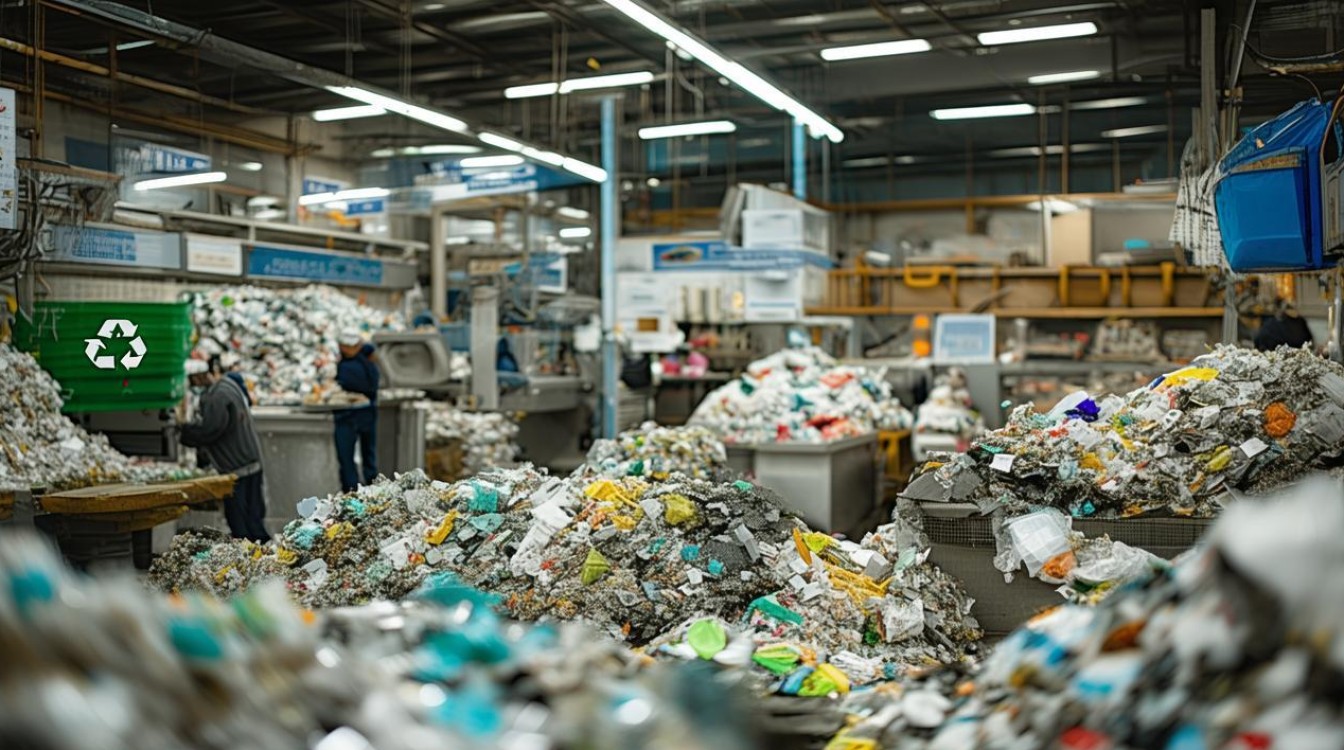The Art of Crafting an Outstanding English Essay on Waste Recycling
Writing a compelling English essay about waste recycling requires more than just stringing sentences together. It demands a clear structure, precise vocabulary, and persuasive arguments. Whether you're a student preparing for exams or an English learner aiming to improve writing skills, mastering this topic can significantly enhance your ability to articulate ideas effectively.

Understanding the Topic: Waste Recycling
Before diving into writing, grasp the core concepts of waste recycling. This includes:
- Definition: Recycling refers to converting waste materials into reusable products to reduce environmental harm.
- Importance: It conserves resources, minimizes pollution, and supports sustainability.
- Methods: Common techniques include upcycling, composting, and industrial recycling.
A well-rounded essay should cover these aspects logically.
Structuring Your Essay for Maximum Impact
A strong essay follows a coherent structure:
Introduction (Hook + Thesis Statement)
Begin with an engaging fact or question:
"Did you know that recycling one ton of paper saves 17 trees?"
Then, present your thesis—a concise statement summarizing your stance:
"Effective waste recycling is crucial for environmental preservation, and individuals and governments must collaborate to enhance its implementation."
Body Paragraphs (Arguments with Evidence)
Each paragraph should focus on a single idea, supported by facts or examples.
Paragraph 1: Environmental Benefits
- Reduces landfill waste
- Lowers greenhouse gas emissions
- Example: Sweden recycles 99% of household waste.
Paragraph 2: Economic Advantages
- Creates jobs in recycling industries
- Saves manufacturing costs
- Example: The U.S. recycling industry generates over $110 billion annually.
Paragraph 3: Challenges & Solutions
- Public awareness is lacking
- Governments should enforce stricter policies
- Example: Germany’s "Green Dot" system improves compliance.
Conclusion (Reinforce Key Points)
Avoid introducing new ideas. Instead, restate the thesis and leave a thought-provoking statement:
"By embracing recycling, we not only protect the planet but also secure a sustainable future for generations to come."
Enhancing Language and Style
Use Precise Vocabulary
Instead of vague terms, employ specific words:
- Replace "good for nature" with "ecologically beneficial."
- Use "decompose" instead of "break down."
Vary Sentence Structure
Mix short and long sentences for rhythm:
"Plastic waste pollutes oceans. Marine animals often mistake it for food, leading to fatal consequences."
Avoid Repetition
Instead of repeating "important," use synonyms like "crucial," "vital," or "significant."
Common Mistakes to Avoid
- Overgeneralizing: Statements like "Everyone knows recycling helps" weaken credibility.
- Lack of Evidence: Always support claims with data or examples.
- Poor Transitions: Use linking words ("furthermore," "however") to ensure smooth flow.
Final Tips for Polishing Your Essay
- Proofread: Check for grammar and spelling errors.
- Read Aloud: Ensures clarity and coherence.
- Peer Review: Feedback helps refine arguments.
Mastering essay writing on waste recycling—or any topic—requires practice, but with these techniques, your work will stand out. Clear arguments, strong evidence, and polished language make the difference between an average essay and an exceptional one.
The ability to articulate thoughts on sustainability not only improves writing skills but also fosters a deeper understanding of global environmental challenges. Keep refining your approach, and your essays will resonate with readers and examiners alike.











